Fine motor skills development Normal Worksheets for Ages 5-7
7 filtered results
-
From - To
Fine motor skills are crucial for young children as they lay the foundation for essential life abilities like writing and self-care. Our "Fine Motor Skills Development Normal Worksheets for Ages 5-7" offer engaging and effective exercises crafted to enhance dexterity, hand-eye coordination, and precision. Designed by educational professionals, these worksheets guide children through fun activities like tracing, cutting, and drawing, ensuring they develop vital skills while enjoying the process. With healthy progression and age-appropriate challenges, our resources support every young learner's journey to mastery. Download now and watch your child's fine motor skills flourish.
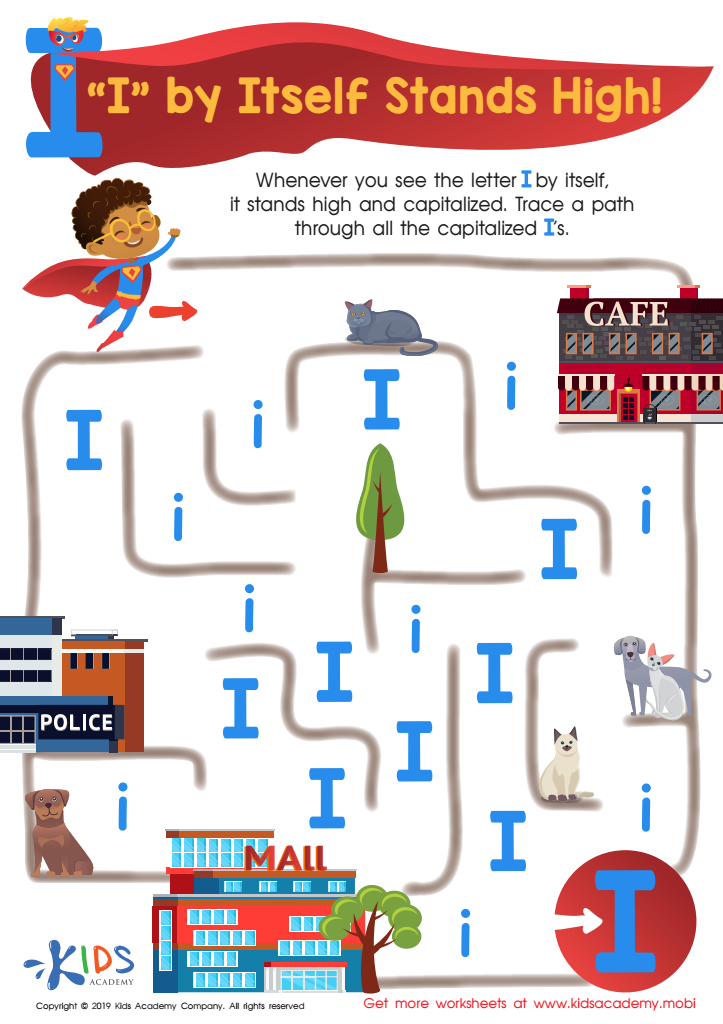

I Stands High Worksheet
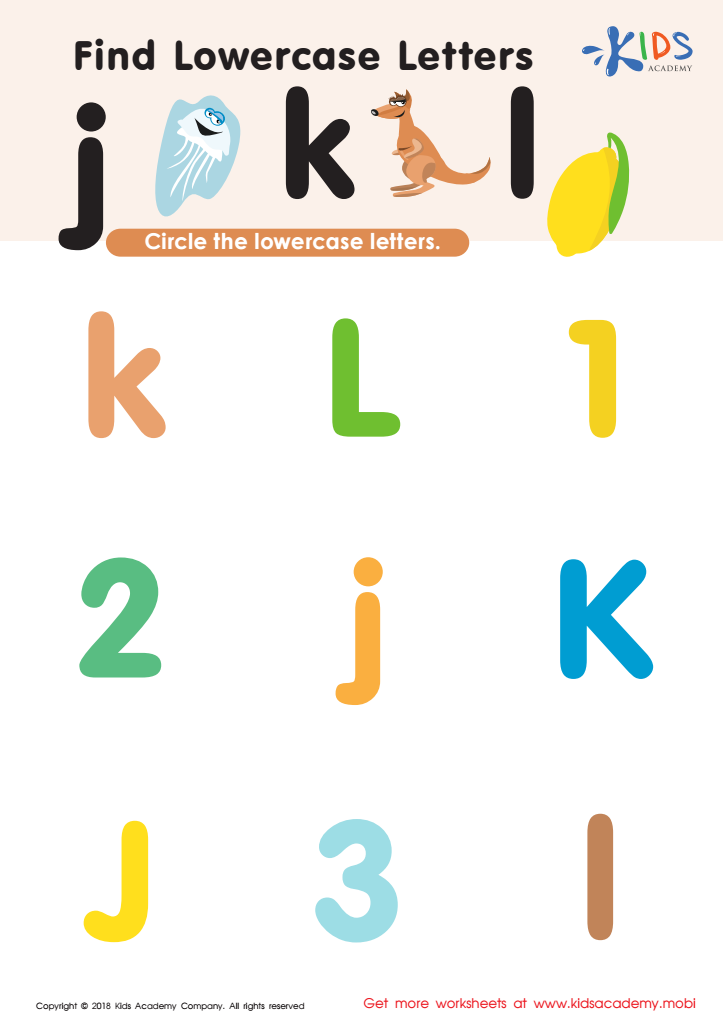

Find Lowercase Letters j k l Worksheet
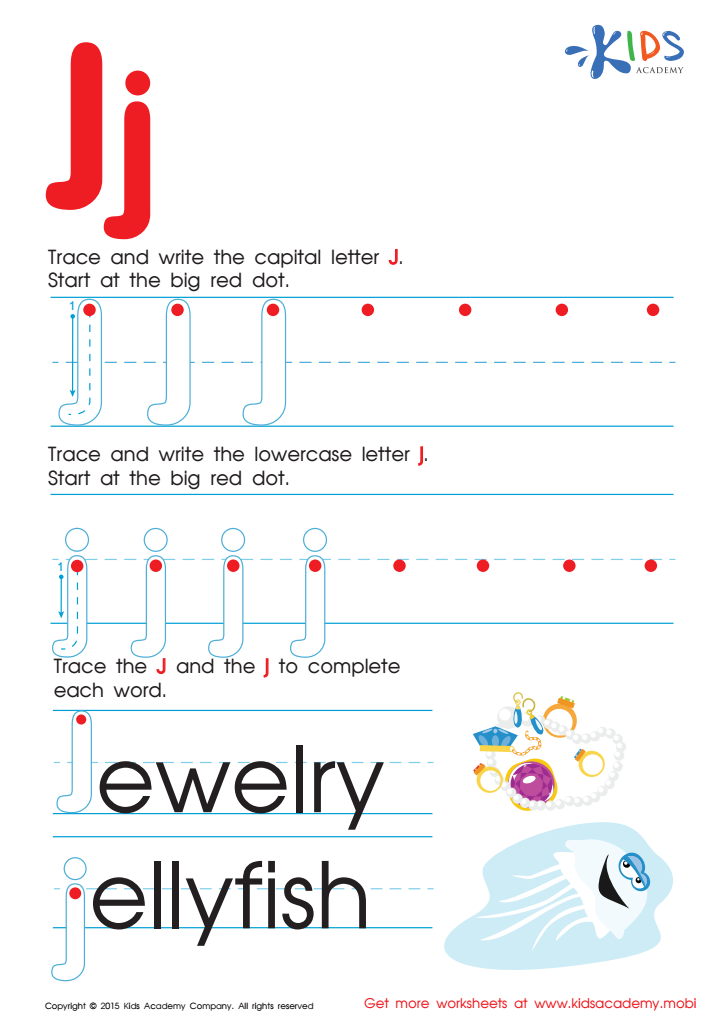

Letter J Tracing Page
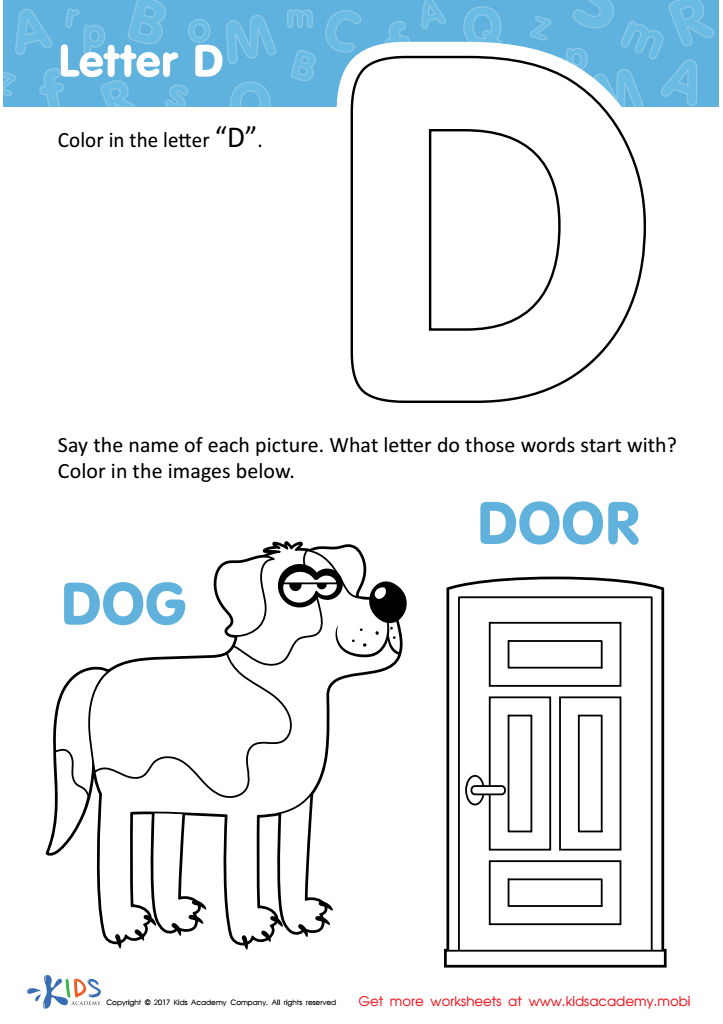

Letter D Coloring Sheet
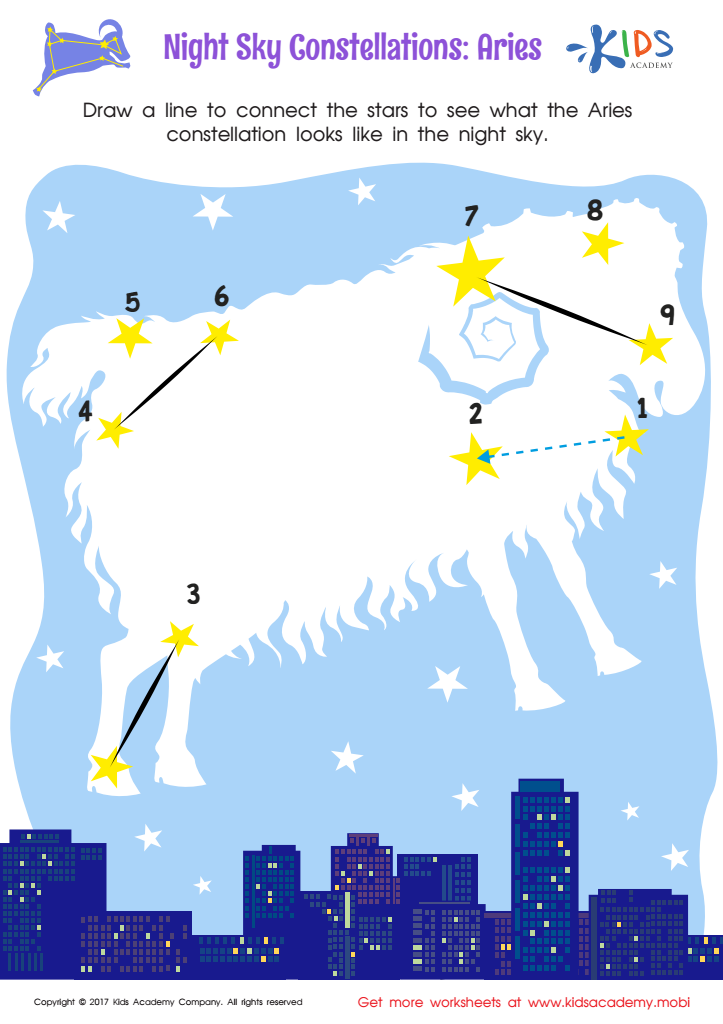

Night Sky Constellations: Aries Worksheet
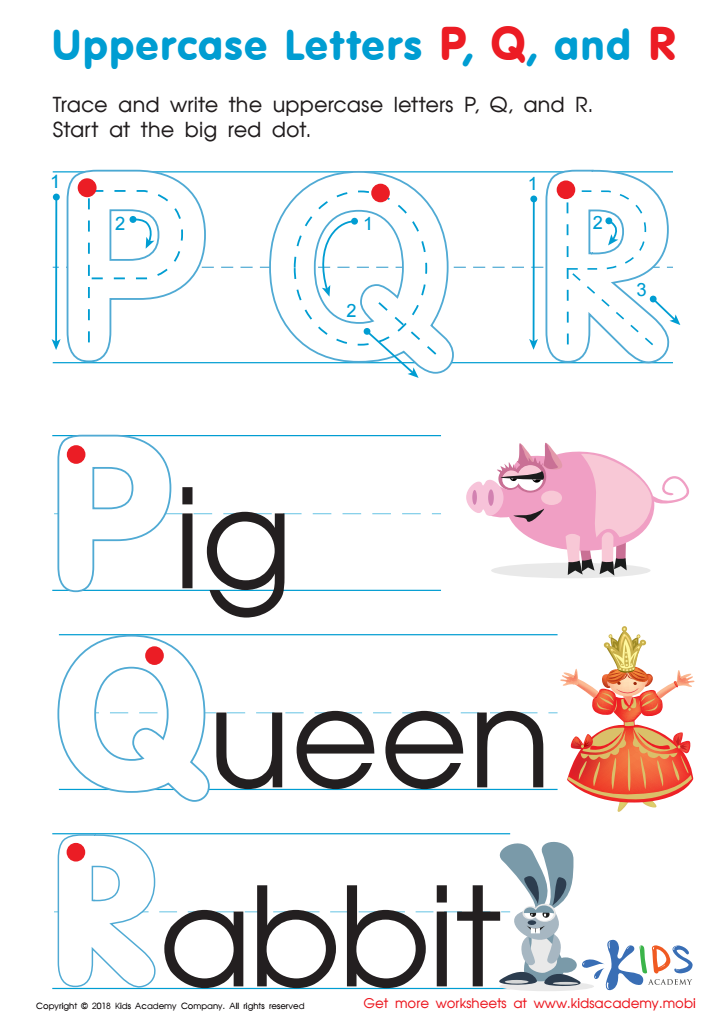

Uppercase Letters P, Q, and R Worksheet
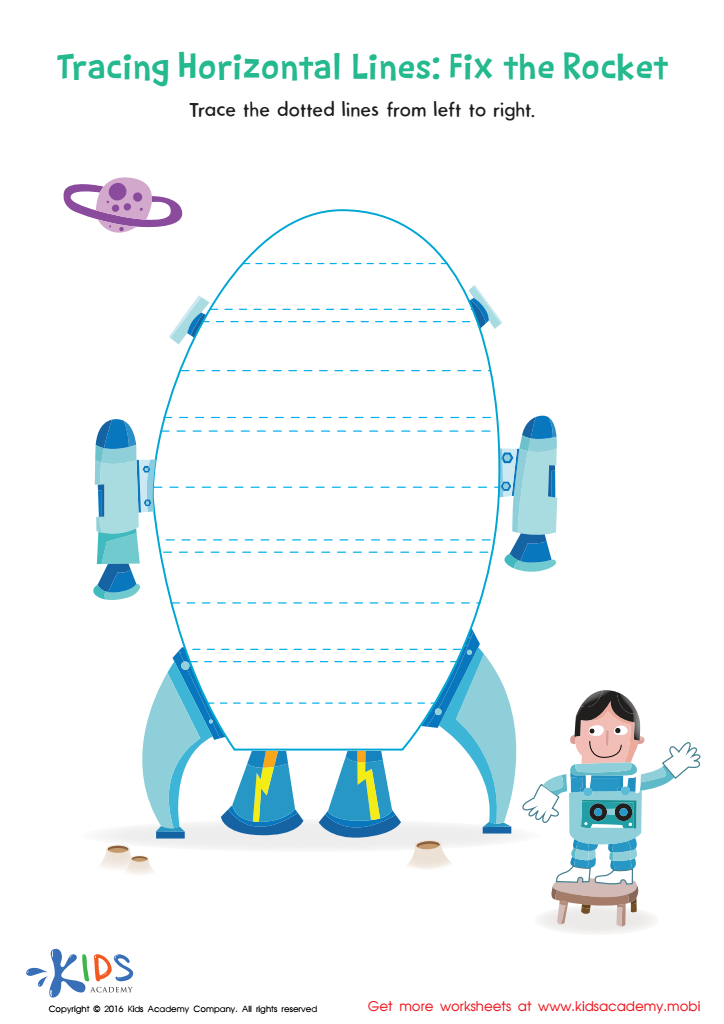

Tracing Horizontal Lines Worksheet
Parents and teachers should care about fine motor skills development in children aged 5-7 because these skills are foundational for everyday tasks and academic success. Fine motor skills involve the coordination of small muscles in the hands and fingers with the eyes, and they are critical for activities such as writing, drawing, cutting with scissors, and buttoning clothing. Proper development in this area can enhance a child's ability to perform self-care tasks independently, fostering a sense of confidence and self-esteem.
In the classroom, fine motor skills are essential for holding a pencil correctly, forming letters, and manipulating objects, all of which contribute to a child's ability to complete assignments effectively. When these skills are underdeveloped, children may struggle with handwriting, experience frustration, and have a harder time keeping up with their peers academically. Additionally, well-developed fine motor skills can also support brain development, particularly in areas related to hand-eye coordination and cognitive processing.
Supporting fine motor skills development is crucial during the formative years of ages 5-7 because children are at a stage where their neural pathways are highly plastic and responsive to learning. Engaging activities like playdough, puzzles, and crafts can make this growth enjoyable and effective, laying a strong foundation for future learning and everyday competencies.
 Assign to My Students
Assign to My Students















